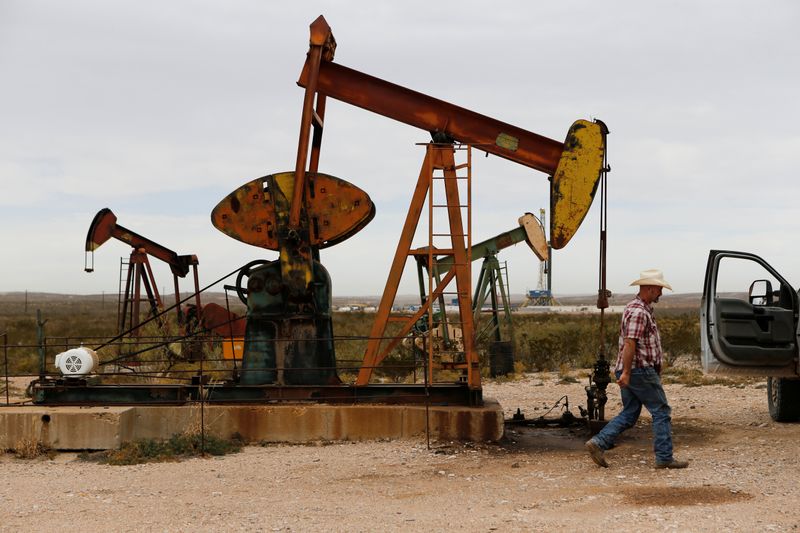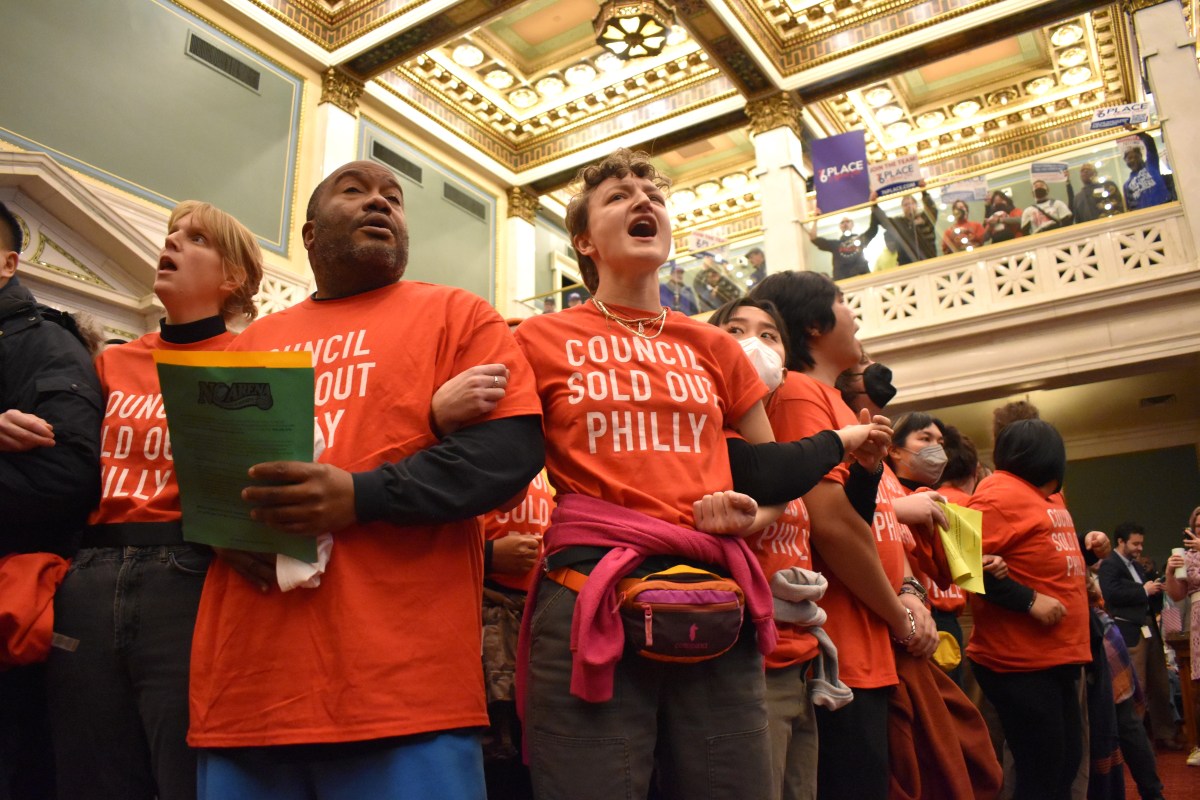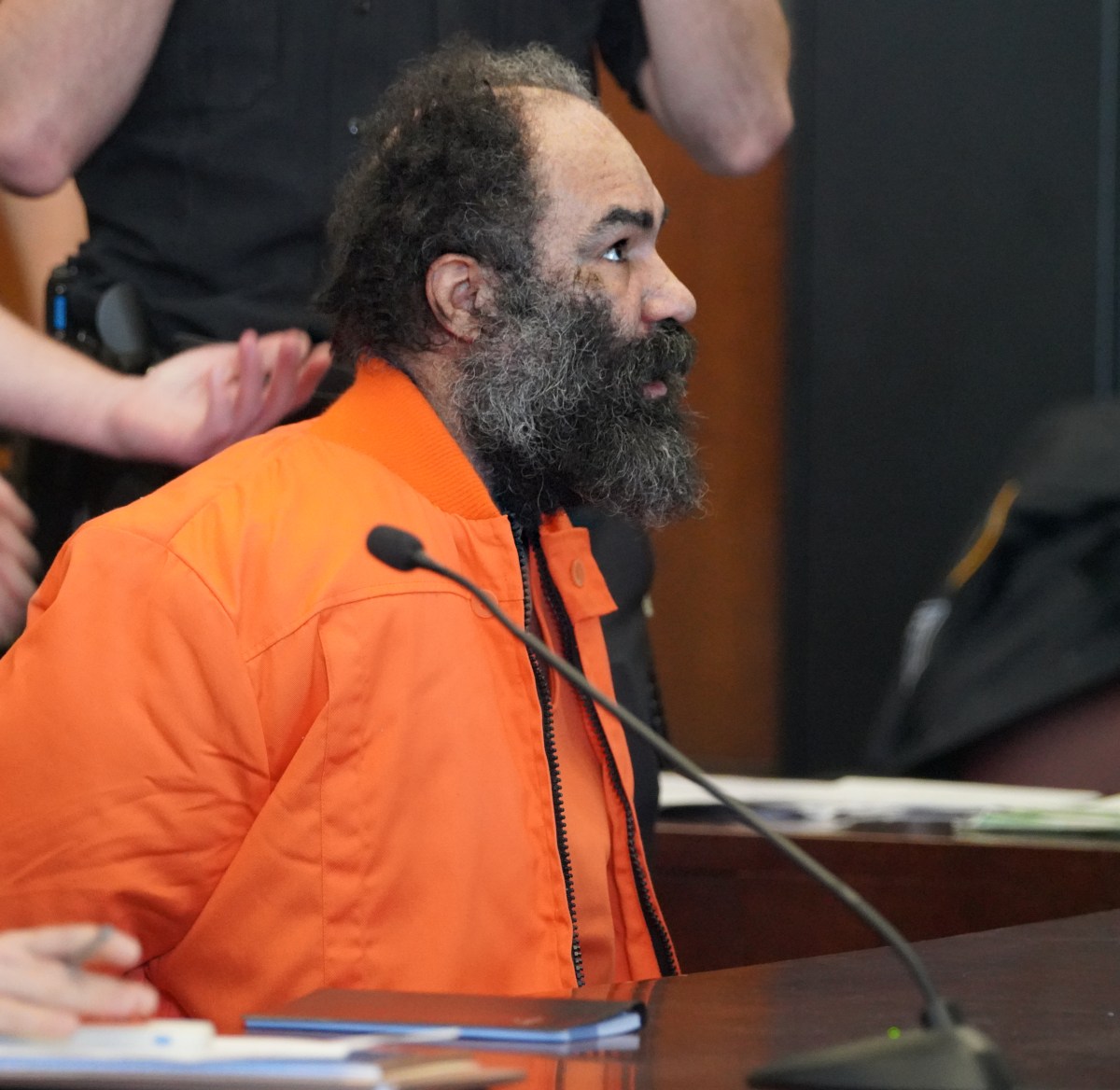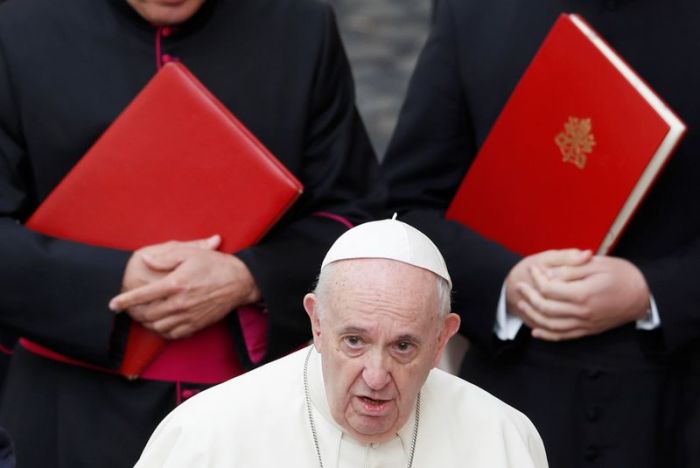NEW YORK (Reuters) – Global benchmark Brent crude pared losses Wednesday and the U.S. crude price rose on hopes that a U.S. economic stimulus deal would support the market, even as concerns about the coronavirus pandemic continued to loom over demand forecasts.
U.S. House of Representatives Speaker Nancy Pelosi and Treasury Secretary Steven Mnuchin both expressed hope for a breakthrough on coronavirus relief, as the House stood poised to vote on a new $2.2 trillion Democratic coronavirus bill.
With pressure mounting ahead of the Nov. 3 election, Mnuchin said he thought he and Pelosi could “reach a reasonable compromise” and would know in the next day or two whether they had an “overall understanding.”
“The race is on to a stimulus bill,” said Bob Yawger, director of energy futures at Mizuho in New York.
“It’s good for all industries, and especially for oil, because it is a demand indicator for crude demand,” Yawger said.
While Yawger remains pessimistic about a deal coming to fruition, he said it is lending temporary strength to the market.
Progress on the stimulus brought Brent crude <LCOc1> for November delivery up from its session low of $40.30 a barrel. It ended the session down 8 cents at $40.95 a barrel. West Texas Intermediate <CLc1> rose 93 cents, or 2.4% to $40.22 a barrel.
The November Brent contract expires on Wednesday, to be replaced by the December contract, which settled up 74 cents at $42.30 a barrel.
Also supporting prices, U.S. weekly crude inventory data showed stockpiles fell by 2 million barrels in the week to Sept. 25, a deeper draw than analysts had expected.
Exports rose while imports fell, helping facilitate the drawdown. Net U.S. crude imports <USOICI=ECI> fell last week by 536,000 barrels per day, EIA said, to 1.6 million bpd.
The benchmarks fell more than 3% on Tuesday as global COVID-19 cases passed 1 million, having doubled in three months.. A Reuters monthly oil poll showed prices would have little upside this year.
“The increasing number of COVID-19 cases continues to raise alarm bells on energy demand,” said Avtar Sandu, senior commodities manager at Phillip Futures.
CEOs of the world’s biggest trading companies are forecasting a weak recovery for oil demand and little movement in prices, potentially for years.
Marathon Petroleum Corp <MPC.N>, the largest oil refiner in the United States, started imposing job cuts on Tuesday, according to people familiar with the matter.
Royal Dutch Shell <RDSa.L> also said it would cut up to 9,000 jobs.
To counter the fall in demand, the Organization of the Petroleum Exporting Countries is unlikely to increase oil production as planned from January next year, top oil traders said on Tuesday.
(Reporting by Jessica Resnick-Ault; additional reporting by Dmitry Zhdannikov and Aaron Sheldrick; Editing by Will Dunham, David Gregorio, Elaine Hardcastle and Emelia Sithole-Matarise)
























